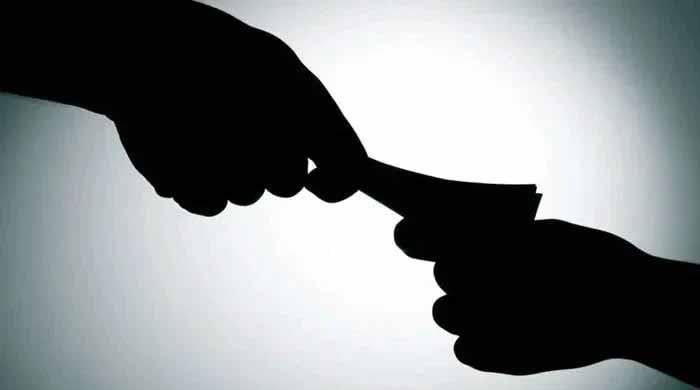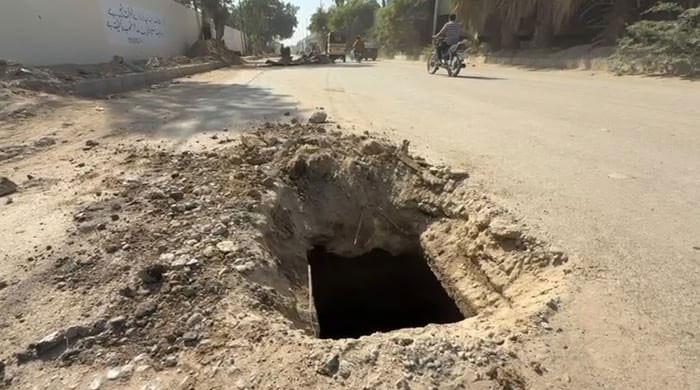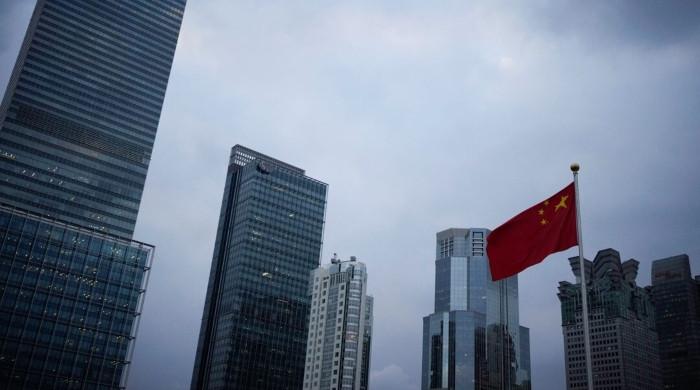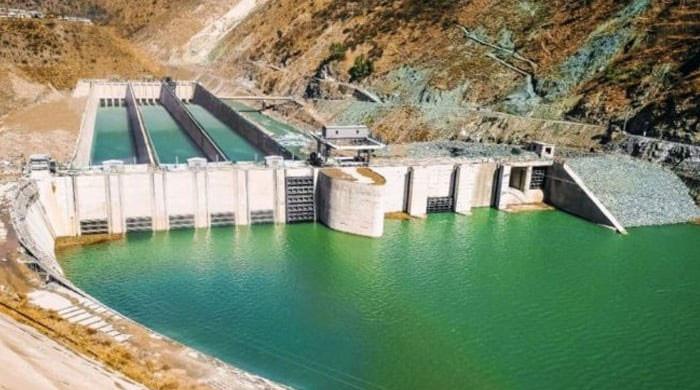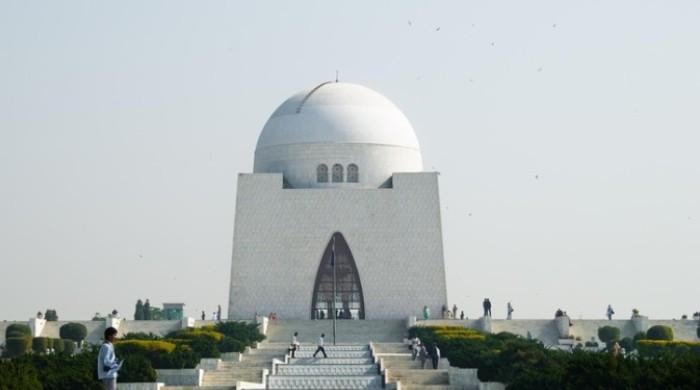The Chaudhrys of Gujrat: What are they thinking?
Since the days of former Prime Minister Zulfiqar Ali Bhutto, the Chaudhrys like the late Pir Pagaro always stood with the powerful establishment
February 26, 2022
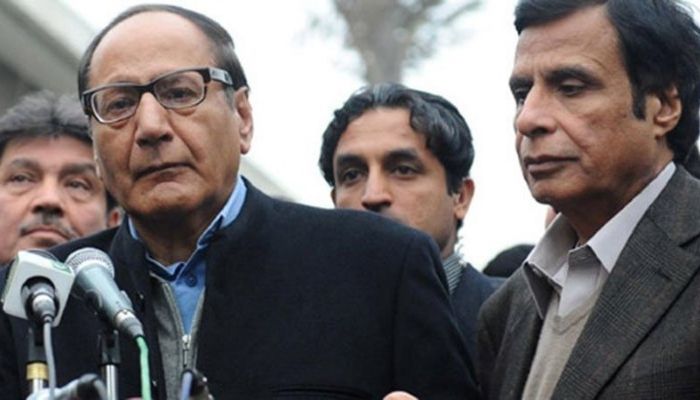
As the saying goes, in politics there are no permanent enemies, and no permanent friends, only permanent interests.
The adage can easily apply to the current political milieu in Pakistan, where the opposition is trying to vote out Prime Minister Imran Khan, while he is trying to stay in power.
Enter the Chaudhrys’ of Gujarat.
In the past few weeks, Lahore’s Chaudhry Zahoor Elahi road became the center of attention, as friends and foes could be seen exiting and entering the residence of the Chaudhry family, in a bid to seek their support. Even Pakistan Muslim League-Nawaz (PML-N) leader, Shehbaz Sharif, landed at their doorstep after 14 years.
A bitter past
Since the days of former Prime Minister Zulfiqar Ali Bhutto, the Chaudhrys like the late Pir Pagaro always stood with the powerful establishment.
The political rivalry between Bhutto and the late Zahoor Elahi was no secret. Neither was the one between the Sharifs and the Chaudhrys.
It must be hard for the Chaudhry family to forget how the Sharifs ditched them, despite a commitment made in 1997, in the presence of the late Mian Sharif, that after the 1997 election Chaudhry Pervaiz Elahi will be made chief minister of Punjab.
But the Sharifs went back on their word, and instead Nawaz Sharif gave his brother, Shehbaz Sharif, the highest office in the province.
As for Imran Khan, the Chaudhrys did not have any differences with him before the general election of 2002. But when then president General Pervez Musharraf called a meeting to convince Imran Khan to support the Chaudhry’s Pakistan Muslim League-Q (PML-Q), Khan stormed out.
For Khan, back then the Chaudhrys were the same as the Bhuttos and Sharifs. Thus, thieves and corrupt.
The PML-Q and the PPP
When it comes to politics, the Chaudhrys are often described as being “cool” customers like former president Asif Ali Zardari, not like the “reckless Lahoris”, a term Senator Syed Mushahid Hussain used for politicians like Imran Khan and Nawaz Sharif.
Yet, the Chaudhrys of Gujrat have more foes than friends. Why? Let’s trace back history.
Zulfiqar Ali Bhutto’s dislike for Zahoor Elahi, and vice versa, could be judged from the fact that when Bhutto was hanged on April 4, 1979, Elahi took the famous pen from the former Chief Justice of Lahore High Court, the late Justice Maulvi Mushtaq as a‘gift’.
To this day, Elahi’s two sons have the pen, despite an attempt by Zardari to bridge the gap when he first visited their house in Lahore months after the assassination of his spouse Benazir Bhutto. The message Zardari delivered then was that he had come to bury the past as he did not want their children to grow as rivals or enemies, Pervaiz Elahi had told me.
The turn around surprised many within Zardari’s party, the Pakistan People’s Party (PPP), as the move came within six months of the fatal suicide attack on former prime minister Benazir Bhutto.
This was the second serious attempt on Bhutto’s life, as only three months earlier she survived an attack on October 18 as she returned to Pakistan, ending her self-exile.
Bhutto had suspected the role of the then government and in a famous letter to the police, she named Musharraf, former ISI chief the late Lt. General Hameed Gul, another intelligence officer rtd Brig. Ejaz Shah and Chaudhry Pervez Elahi, who was then the Chief Minister Punjab. The men deny their role.
But then a new era of relationship began under the leadership of Asif Ali Zardari. In fact, despite no constitutional position available for the post of deputy prime minister, Zardari created it for Chaudhry Pervez Elahi.
Elahi would often say that even though right now his party is an ally of Prime Minister Imran Khan’s Pakistan Tehreek-e-Insaf (PTI), he would never forget what Zardari did for him.
The PML-Q and PML-N
The wedge between the Chaudhrys and the Sharifs began to deepen in 1997.
Sources said in one of the close-door meetings, the late Mian Sharif agreed that the slot of chief minister Punjab would be given to Chaudhrys and the name of Chaudhry Pervaiz Elahi was proposed. Chaudhry Shujaat was to be made interior minister.
However later, the Sharif feared they could lose Punjab, their home ground, to the Chaudhrys. So they backed out and thus began the debut of Shehbaz Sharif in politics.
This was the beginning of the love and hate relationship between the Sharif and the Chaudhrys. Finally, when Musharraf staged a coup in 1999, the Chaudhrys grabbed the opportunity when Musharraf offered the two brothers key positions, interior and chief minister Punjab under a new party, the PML-Q.
The past and now the future
Regardless, the past is the past. What does the future hold, as the opposition parties band together to plan to remove Imran Khan from office?
In the last few weeks, Zardari has been most active. Recently, he also visited Jamaat-e-Islami’s (JI) headquarter and met the party's head, Siraj ul Haq. Reportedly, the former president even offered a new relationship between the PPP and the JI particularly in the context of politics in urban Sindh, where reports are that the two parties would go for seat adjustments in local bodies and in the general polls.
The Jamaat-e-Islami has only one vote in the national assembly but a political rivalry of 50 years with the PPP. Still, for Zardari this one vote matters even more than four votes of MQM (Pakistan) during the no trust vote against the prime minister.
Now, the Chaudhrys have five seats in the national assembly. They can play an important role in which way the vote of no trust ends up.
Yet, the Chaudhrys know their limit in power politics and thus they follow what is told to them by the powerful quarters. So, they keep their doors open for all political players, irrespective of their past relationship with them whether it is the Sharifs or the Bhuttos or Imran Khan.
The writer is a columnist and analyst of Geo, The News and Jang. He tweets @MazharAbbasGEO




